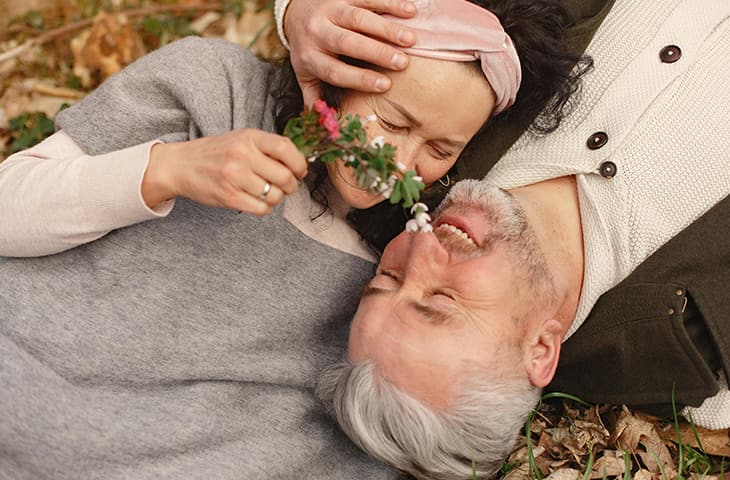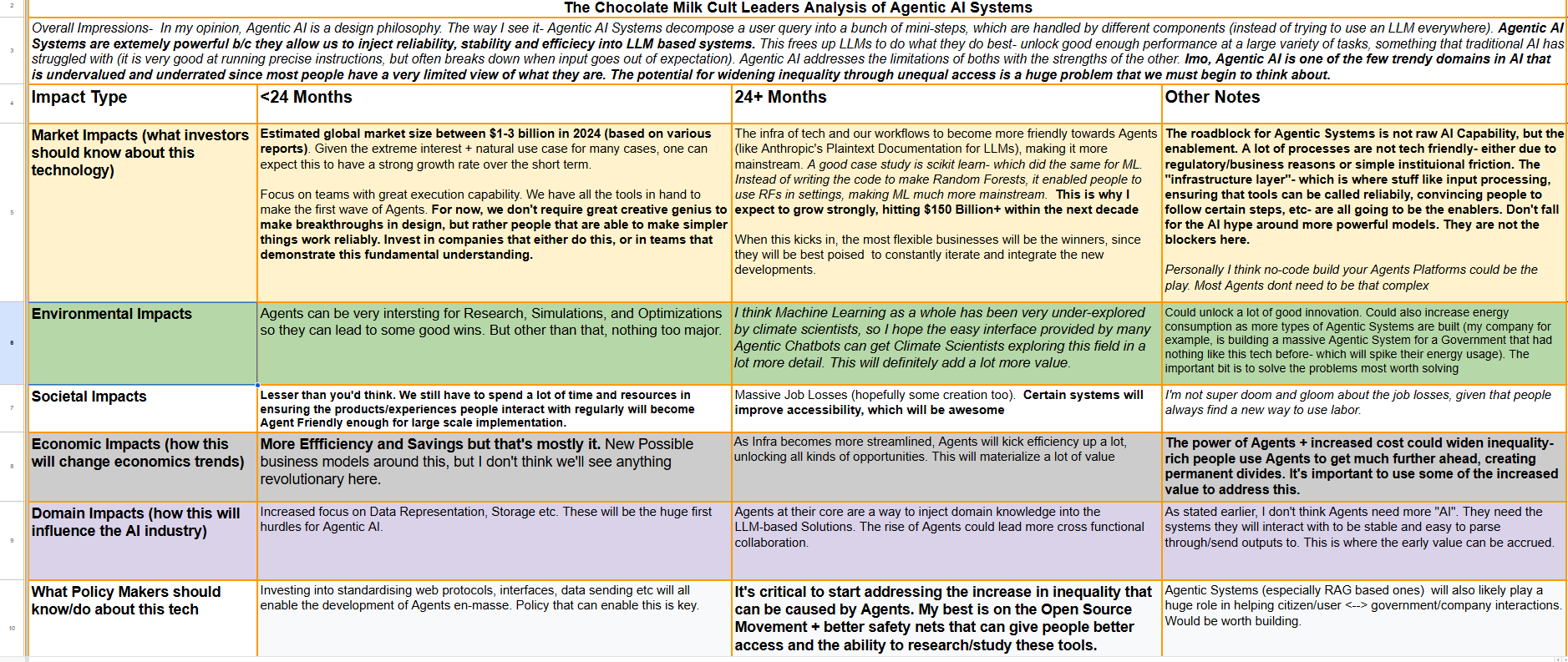Finding Health In Myself & In Others – Exclusive Interview With Jo Porritt

Jo Porritt is Founder of Stillpoint Health Ltd, an Integrative Somatic Therapy Clinic, based in Guernsey in the Channel Islands. Her training comprises Somatic Psychology, Gabor Mate's psycho-therapeutic approach, Compassionate Inquiry, and Biodynamic Craniosacral Therapy.
Post-graduate training includes Somatic Experiencing for Chronic Pain with Dr. Peter Levine, Neuro-Affective Touch with Dr. Aline LaPierre, and Developmental Trauma with Dr. Raja Selvam, amongst others. Her work is also influenced by Dr Stephen Porges and Dr Richard Schwartz.
Her formative training in Anatomy & Physiology helped her understand the complexity and intelligence of the human body. This forever changed how she related to her own health after years of chronic illness.
Jo believes that learning to live well with an auto-immune disease and surviving Adverse Childhood Experiences (ACEs) gives her a unique and deep understanding of the human condition that can only be gleaned through lived experience.
This powerful combination means that she is a sought-after practitioner. Her integrative approach means she has developed a deep capacity for working with clients with complex trauma and chronic illness. Many of her clients have searched for relief and answers from many sources, before finally finding lasting change through working with Jo.
She works with private clients both online and in her clinic in Guernsey, as well as providing educational workshops and speaking by invitation at corporate events and private institutions.
In her spare time, Jo finds resources in gardening, year-round sea swimming, and spending time with her family, dogs, and chickens.
Jo Porritt, Integrative Somatic Therapist
Tell us a bit about your story. How did you build your career until this point?
I know now that from a very early age, I developed a capacity for holding and taking responsibility for the pain of others. This started in my family of origin and then continued into my early adult relationships.
I was working in a completely different field, Digital Marketing, when the combination of over-work, raising two children with very little support, chronic stress, and a body that held a lifetime of unprocessed trauma meant that I started to experience debilitating and seemingly unconnected symptoms.
A very traumatic divorce finally tipped me into the abyss of what I think would have been called a nervous breakdown when I was growing up in the 1970s. I was confused, depressed, and feeling isolated by the experience of being chronically unwell and being told that nothing was wrong with me.
Yet I knew that my body was seriously sick.
This was long before I began my training as a therapist, but I do remember feeling a very real and unrelenting sense that my body could heal in ways I had yet to understand. The ignorance I had met from specialists and doctors just spurred me on to find my own answers, but this meant this was a very isolating and lonely journey. Something I now see mirrored in a lot of the people that I work with.
I recall the moment an eminent Professor of Rheumatology diagnosed me with two serious auto-immune diseases and gave me a pretty poor prognosis. Despite the latter, the relief I felt at finally being seen and heard was enormous.
Whilst the kind Professor gave me what I know now was a huge part of what had been missing in my life; a compassionate witness to my physical and mental symptoms, I did not concur with his prognosis and refused to accept that my life would continue to be directed by a depressing decline.
In physical terms, my body was showing the signs of shock and trauma, and what I know now to be complex trauma and PTSD. Both wreak havoc on the human body in ways that traditional medicine frustratingly doesn’t take into account. It subsequently took many years to learn how my life experiences had directly translated to my chronic health issues.
My career really started when I navigated my way through what I describe here. Because I knew I couldn’t find the practitioner I had really needed, I decided to reorient my career and focus on helping those who I knew were also stuck in this in-between place.
Finding my way through and out has been my greatest achievement and teacher. Launching Stillpoint Health was a pivotal moment for me in my life and I’m really proud of this journey. I now have a healthy work-life balance and glean a great deal of satisfaction from spending my days doing something so meaningful.
What is your work inspired by?
My work is inspired by a variety of things, but is always underpinned by my desire to keep learning.
We’re in exciting times in the world of trauma and therapy; traditional psychotherapy has long since ignored the wisdom of the body and topics such as quantum biology and cellular memory, despite the science to prove this having been around for years now.
Yes, mainstream systems of medicine are slow to adopt, but there are many great teachers and educators in the world of science (especially neuroscience) and nervous system health today that are delivering groundbreaking work. I have been fortunate enough to learn from some of these people and it has ignited a deep awakening in me for truth and integrity in healthcare.
But really my greatest inspiration are humans themselves and the spirit and intelligence in the flesh. Without doubt, the people that I get to work with are some of my greatest teachers.
Their willingness to keep showing up, to sit with me week after week, despite feeling raw and vulnerable, sometimes in physical pain and experiencing deep fatigue. Being a part of these human pilgrimages into Self and then out towards greater health and connection is something I am continually amazed by. They are beautiful and tender processes to walk alongside and I never take this for granted.
Is there a core value that you are most passionate about?
My core values are a priority and something I revisit often in order to keep myself accountable.
Safety: This will always be my number one priority. Physical and emotional security in the work I facilitate is key. I want my clients to feel at home with me and know that they have agency to say no. This includes creating a somatic alliance with their physical body to support regulation.
Trust: I strive to build an alliance of trust that empowers my clients to be the directors of their wellness journey. Creating trust in this way in the therapeutic container creates the supportive environment for processing at a deep level.
Choice: My work is relational. I help foster a sense of relationship in therapy that might have been missing in my clients’ lived experiences. I respect choices and help develop boundaries that can be honoured and taken into real life.
Collaboration: Because I believe that healing happens in relationship I trust that my client is the expert on them; together we decided how to manage expectations of therapy. I use an integrated approach that is flexible enough to be bespoke to each client and their particular set of needs.
Empowerment: Education is a key component of my work. I believe that knowledge and understanding are an important part of therapy. I support the in-session work by ensuring clients understand emotional regulation through a felt-sense of safety in their bodies that will help them develop the capacity to feel strong enough to move through their lives in the way that their bodies and hearts want to.
Is there a common challenge that your clients face?
Yes, there are several core areas that I see in my clinical practice, whether they arrive at my door because of physical symptoms or because they may be struggling with mental health issues.
Usually, its a combination of the two.
The common denominators, or what I refer to in my work as “patterns of behaviour” are:
Disconnection from bodily sensations and often a deep distrust of the body;
Moving through life from a place of outdated and negative core beliefs and internal narratives about Self;
Approaching health and disease from the perspective of body and mind as separate entities;
Disconnection from the natural world and it’s rhythms that we are very much part of and that deeply impact our health
Much of these are as a result of a combination of early attachment injuries/ruptures, autonomic nervous system dysregulation and trauma responses.
I would add that I believe this extends beyond my clinical experience and that these symptom sets and patterns are sadly at epidemic proportions in our world.
We give little to no reward for prioritising rest, listening to our capacity and simply being. Our bodies and specifically our nervous systems, were built for a very different time.
How are you helping them to face this challenge?
In order to become aware of our patterns, we need to slow down enough to start to become aware of them. Often this is due to a lack of safety in our perception of life, based on past experiences. By learning how to reorient and notice how our bodies feel and respond to life, we start to see where our patterns are limiting us and how we can shift towards healthier patterns of expression.
I work from a framework I have tested and developed over the past 5 years.
Awareness: Awareness of the facts of our life experiences: Developing enough safety in order to start to feel the body and its sensations in relation to our thoughts/actions/patterns.
Identification: Identifying and naming the associated emotional states: How do we respond to these often unprocessed and undigested life stories? What are the emotions we use to keep us from feeling the deeper states?
Integration: Moving towards the emotional charge that still resides in the body and the brain at a cellular level, we must provide tools and education to enable these processes to be completed.
We explore these phases through the lenses of curiosity and compassion. Often, clients present with the internal narrative that they are inherently broken.
I help clients understand that their symptoms and adaptations were actually clever survival responses from the body when it had no other choice and that these systems kept us safe and alive at one point.
We need to free ourselves from the story that we are broken and realise that healing is possible! The brain and body systems are plastic i.e. they can re-learn and re-pattern and my work facilities this process.
Trauma is really less about the event and it’s details; it fragments us and splinters us into many parts. Some of these parts get completely buried and are beyond the reach of our conscious awareness, yet, they still very much inform our current life decisions. They run in the background like an out of date computer programme.
My job here is to be the empathetic witness to the client’s unconscious as we bring it safely into consciousness.
What sets Stillpoint Health apart from other providers in your industry?
Whilst I can’t purport to be a provider of unique services, what I think I can provide is the crucial safety in the therapeutic container to facilitate life-changing processes.
My deep love and reverence for the human body are also drivers of my ability to learn, digest and apply the very latest practices around trauma processing and healing.
I believe that this is my responsibility as a practitioner, and I regularly reflect on my own part in the client/practitioner process by investing in high-quality supervision and personal development.
For readers inspired by this conversation and eager to start their journey, what first steps would you recommend?
Primarily, I think finding the right practitioner. The quality of the relationship will be reflected in the results of the work you undertake together.
Take your time here and listen to reviews from people you trust, check qualifications, professional memberships and insurances to ensure you are working with a suitably qualified and experienced practitioner that can meet you where you are now, but that also has the capacity to take you to where you need to be to meet your therapeutic goals.
Aside from that, I would ask yourself honestly what you need from therapy. A lot of that will be worked out in the early sessions between you and your therapist, but knowing simply what you don’t want to feel or experience anymore will be a good starting point for a discovery conversation.
What about working with you at Stillpoint Health? How can people get in touch to learn more about working with you?
At present, I don’t have the capacity for in-person client sessions, but I do have openings for clients who want to work with me online.
Working online has been very successful for me over the past two years. The safety and the attunement that you would expect in person are replicated with specific protocols that take into account the screen between us.
I offer a free 20-minute discovery call via a secure telehealth system where we can explore how we might work together.
To schedule a discovery call, click here.
Follow me on Facebook, Instagram, and visit my website for more info!
Read more from Jo Porritt


